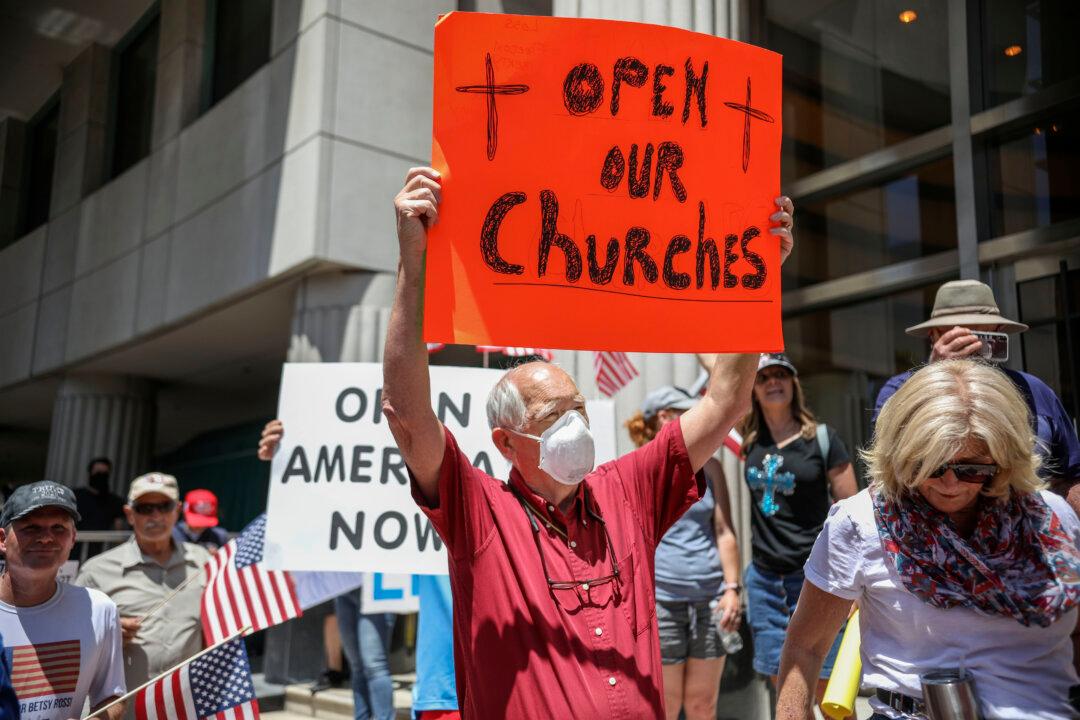Commentary
As a former atheist who has been a reasonably practicing Roman Catholic for 51 years, I hope I will be pardoned a few Easter thoughts.

As a former atheist who has been a reasonably practicing Roman Catholic for 51 years, I hope I will be pardoned a few Easter thoughts.